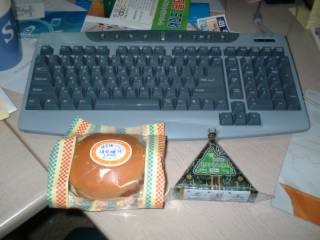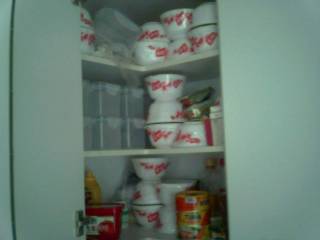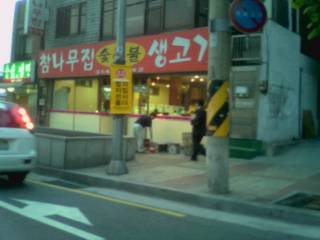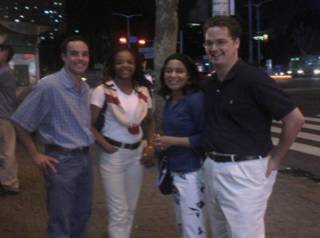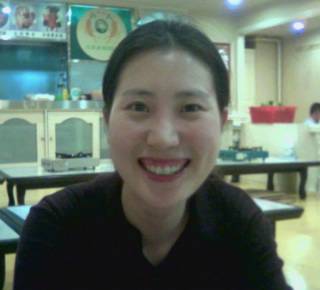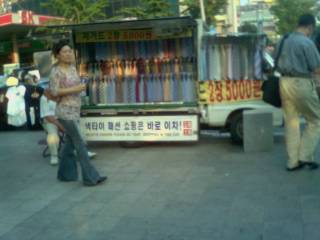I had an interesting conversation with my Dad this morning. We were talking about where Koreans put their money. Invariably, they have a lot of real estate and cash. (Cash would include short term investments under one year as well as savings accounts.) The reason? Real estate makes money here. A lot of money. I've seen surveys of Seoul real estate rising about 10-15% PER YEAR for long stretches, even after taking into account the 1997 Crisis (referred to as the IMF crisis here, although it was the IMF that bailed Korea out).
Compare that to Korean corporate bonds which fell 90-99% in 1997 and only modestly recovered, and a local stock market (represented by KOSPI, or their version of the Dow Jones Index) that has not gone appreciably above its 1980s high of 1,000 points (it is now about 800 points, see
link) and you can see why real estate makes sense here.
But back to the conversation...I noted that here a 'real big' or 'elite' real estate investor has over 6 billion won (about USD 5,000,000, see
converter) in properties. Dad seemed a little flabbergasted. "What the heck do they need 5 million dollars for? They don't need that much to retire." Maybe so, but there is a lot of risk here too.
Take real estate (or any other South Korean asset) for example: if the North toots their horn louder or make a move on the country that 5,000,000 USD is worth about 5 cents. Also, all of it is denominated in won which, during the 'IMF Crisis', dropped about 50% vis-a-vis the USD. Also, if you make a bad investment or some fall victim to a scam--the latest here was the
Good Morning City project--you're toast. I saw a lady on TV who lost everything in it. Her comment (between the tears): "Now I know what it's like to go from a rich person to a beggar in one day." If you have one of those, some saber-rattling from North Korea and a weak exchange rate your little nest egg could be almost wiped out.
The government has almost zero help for unemployed, disabled or otherwise disenfranchised workers. The role of family is more important here...so if you have money you should help your family, and if you don't then you should go to them first.
Thus the idea that more is more. Koreans go all out in most things they do, and investing is no different. Why have one apartment when you can have 7? The
jeonse system supports this as well. You see, if you have a 400,000 USD apartment and you rent it out there are two systems you can use in Korea (neither of which are the Western ones, except in rare circumstances).
1. Renter signs a 2-year contract and deposits about half the market value (200,000 USD) with the owner. No monthly rent is paid, but the owner can invest in Korean Treasury Bills for about 4-5% per year. That's a monthly rent/return of $750. At the end of the term the 200,000 USD is returned to the renter.
2. Renter signs a 1-year or 2-year contract and deposits about 10%-20% of the market value of the property (10,000-20,000 USD) plus some monthly rent of $400-$600 a month.
In both cases, if the value of the property increases or decreases the jeonse will need to be topped-up or partially refunded. (Of course I'm using USD in this to save my '0' key and to help 'foreigners' reference it better.)
Thus, if you buy a place for $400,000 you can turn around and rent it out and get $200,000 to (if you like) buy another place or whatever. Since there are very, very few mortgages in Korea (kind of a cash society, although there are home-equity lines of credit) the system here is a bit different. The key, of course, is that real estate prices keep going up.
